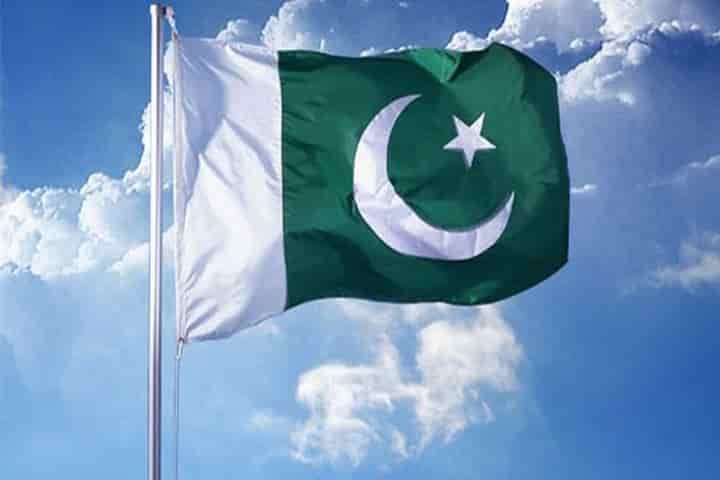Even as Pakistan’s annual inflation rate eased to 29.4 per cent in June — for the first time in seven months– prices are likely to remain at elevated levels. Inflation in the coming months may rise again as the country has now announced additional (Pakistani) Rs240 billion tax measures by raising petroleum levy by (Pakistani) Rs 10 per litre to (Pakistani) Rs 60 and imposing drastic cuts in spendings. The International Monetary Fund (IMF) has approved a $3 billion financial assistance package to bailout Pakistan but in turn the Shehbaz Sharif government has had to give an assurance of adhering to stringent riders including the imposition of additional tax measures.
A report by Dawn pointed out that Pakistan Finance Minister Ishaq Dar, instead of broadening the tax base, has “opted for an easier secured option” by further imposing taxes on those who are already taxed.
“An increase in petroleum levy and electricity/gas rates at the top of higher income tax will squeeze the middle classes further. I don’t see any ‘feel good’ sentiment in society anytime soon,” commented a watcher critical of the government,” an unnamed analyst told the news organisation.
Uncertainties will further also rise in Pakistan as the Assembly is expected to be dissolved next month with approaching general elections. This will be a cause for concern for IMF.
“If things go as planned, his government will end next month, and he can’t speak on behalf of those who would come after him,” Dawn quoted an economist as saying.
Between February and May, Pakistan’s inflation rate stood above the 30 per cent mark. In May, it shot up to touch a record 38 per cent. In January, it was 27.6 per cent.
Meanwhile, IMF officials in a meeting with former Pakistan Prime Minister Imran Khan assured that timely general elections will be held. While the multilateral agency said that in the wake of the elections, the meeting was part of a confidence building process with all the primary political parties of the country, many have seen the move as an act of gross interference in the domestic policy frame. According to Express Tribune, it has sparked off a debate “with some people viewing them as the lender’s interference in the country’s internal affairs and an attempt to manipulate its politics.”
The IMF executive board is slated to give its approval for the $3 billion loan that has been granted as a Stand By Arrangement (SBA). Pakistan, to avert a sovereign default, desperately needs the money.
Also read: Battered by rain and an economy in free fall, can Pakistan afford to focus on Sweden Quran issue?




















